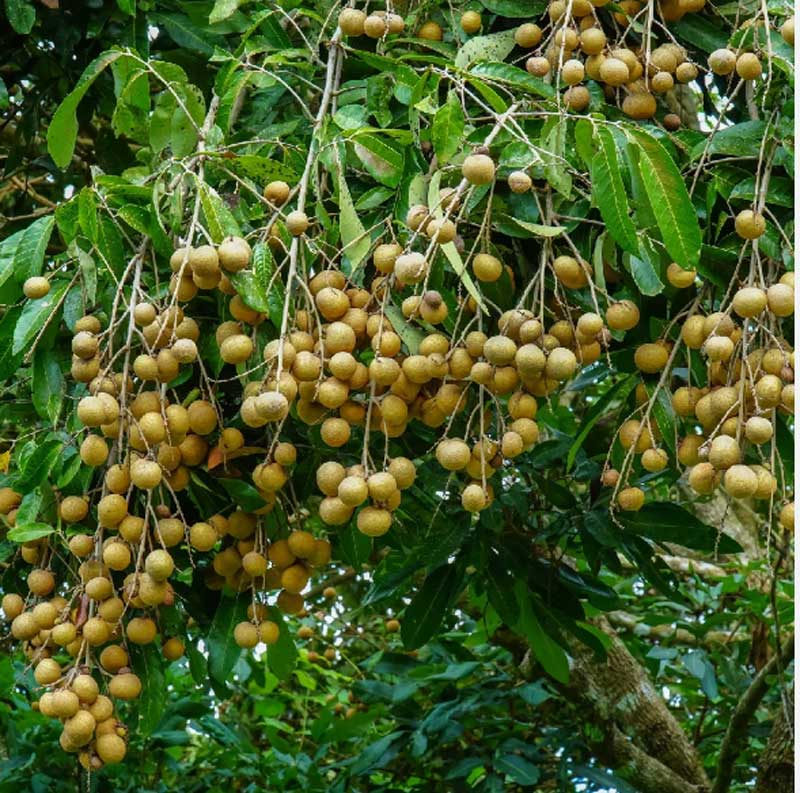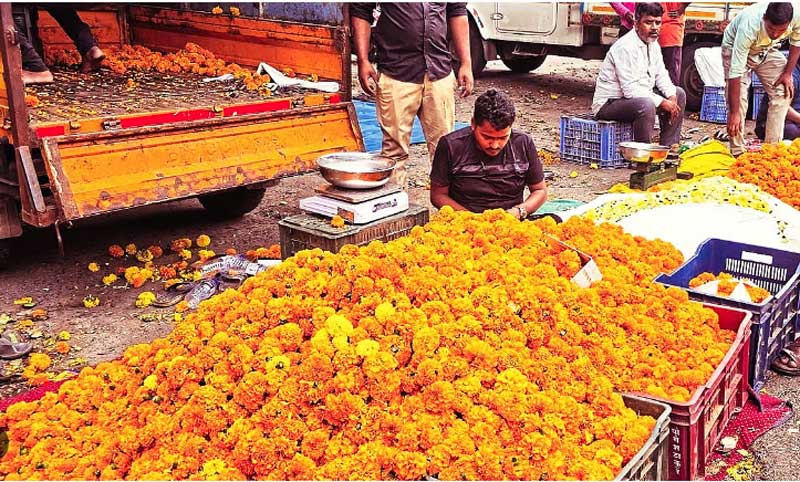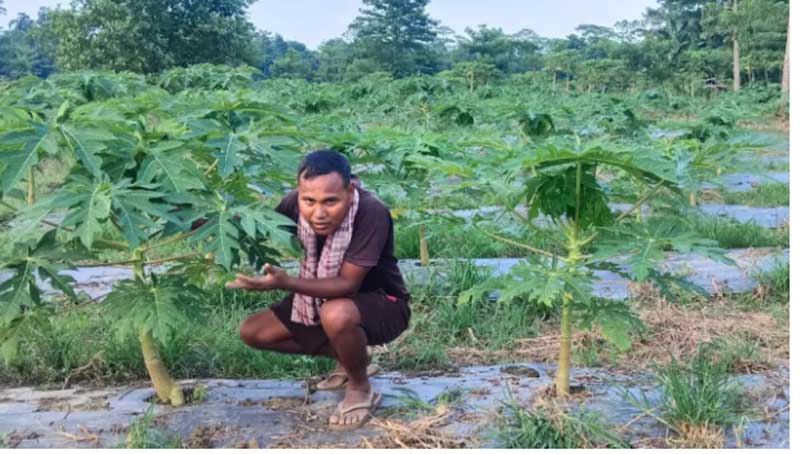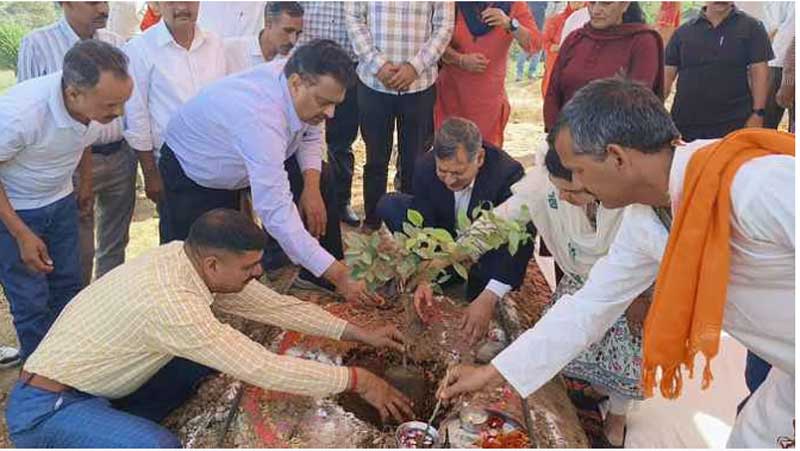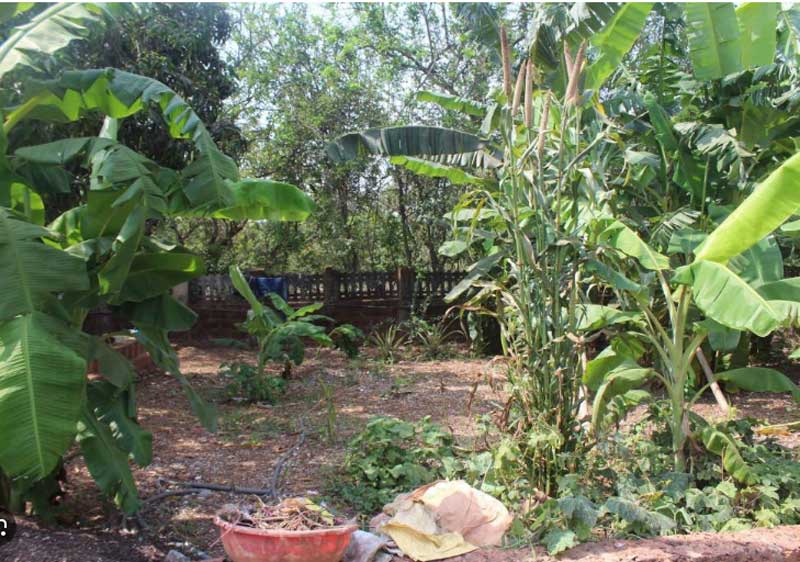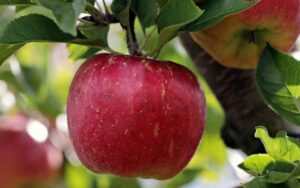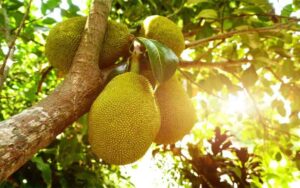Kargil horticulture exhibition displays 377 fruit varieties
Kargil: The Horticulture Department of Kargil recently organized its annual exhibition for 2024-2025 at Batalik village, where local fruit growers brought 377 types of fruits grown in the region. The Director of Horticulture, Ladakh, Tsewang Phunchok, along with several other senior officials, checked the different varieties of fruits displayed by local farmers during the event.
The director said the exhibition is a perfect example for the farmer community, aiming to improve the quality of their fruits. He stressed that farming methods need to be changed in the horticulture sector, and it should be modernised as per the trends and demands. He urged the fruit growers to learn the scientific method of processing, packaging, and marketing, so that they can boost their income.
He later explained that farmers should share the knowledge and urged them to work with the department to avail all the advantages from the department’s programmes. The director assured the department is ready to provide full support to farmers and help them grow high-quality fruits.
Also Read: Saharanpur farmer grows 50,000 lisianthus plants annually
Out of 377 kinds of fruits displayed at the exhibition, including 34 types of fresh apples, 16 varieties of late apricots, 76 types of fresh peaches, 6 types of fresh pears, 28 kinds of fresh grapes, and several kinds of dry fruits.
Dr. Mansoor Hussain, a scientist from KVK, Kargil, said about the importance of using organic and vermicompost fertilizers for healthier cultivation and environmental protection. He stressed organic and natural farming while also promoting the use of modern farming methods and technology.
Horticulture-related machines and tools were also showcased by the department so that farmers could learn about their uses and benefits.
The top brass of the department attended the meeting, including Commanding Officer A.K. Maletha, Chief Horticulture Officer Mohd Zaffar, Subject Matter Specialist Kunzang Wangmo, Scientist Dr. Mansoor Hussain, and many farmers.





